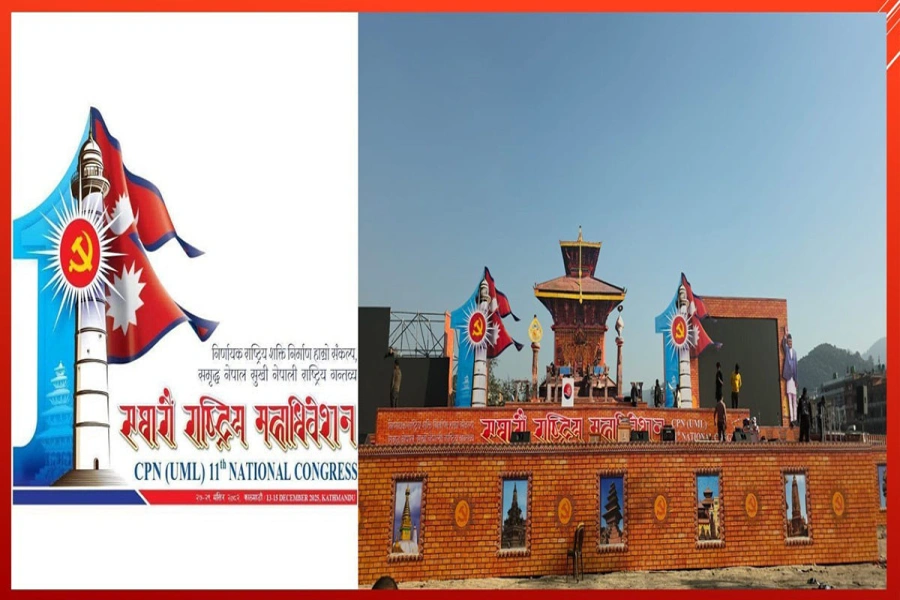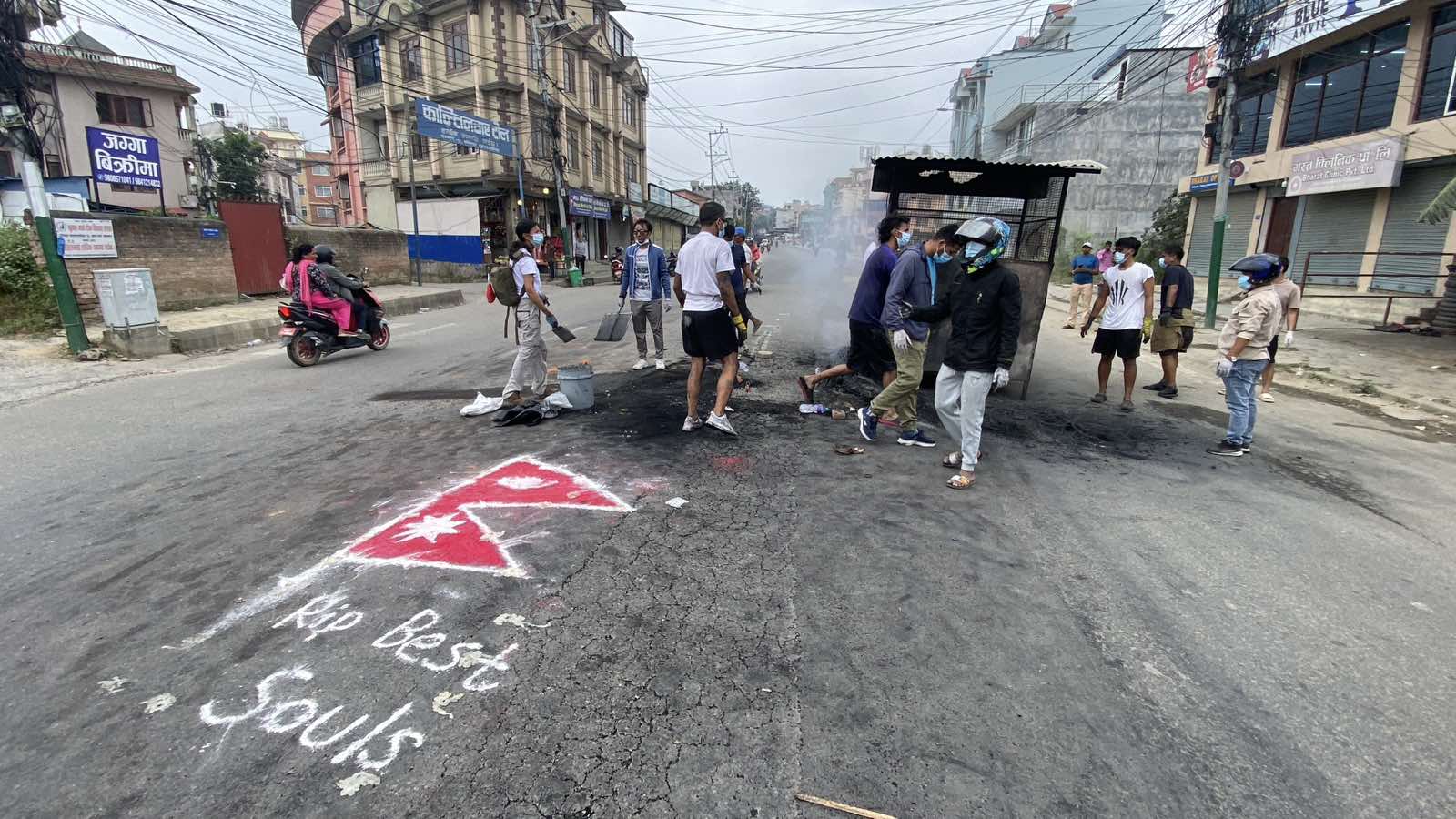Shiwa Hashmi. Bindu Thakur. Chori Maiya Maharjan. Sita Rai. Saraswoti Subedi. Following relentless campaigning against violence on women, they are household names. None of these women could have voluntarily chosen this horrific route to popularity. But their heart-rending tales seem to have captured the imagination of an entire country, and made people speak as one: enough’s enough. The senseless, inhumane acts, with more than half the country’s population as their potential target, will be tolerated no more.
Over the past few weeks, there have been impromptu protests against violence on women right across the country. Online, Occupy Baluwatar, a Facebook campaign which enters its 12th day today, has given people a popular platform to come together on this crucial issue. This overwhelming public support sends an unmistakable message: the government might be hard of hearing, but Nepalis are not voiceless. We would, once again, like to add our voice to the Occupy Baluwatar protestors and all the others who have been clamoring for justice for victims of gender-based violence. Aside from justice for the victims of violence listed at the start, protestors are demanding that all past court orders against violators of women’s rights be implemented and unjust laws be revised, without any further ado. For instance, one of the main demands is annulment of the outrageous law that stipulates that any rape-related crime must be reported within 35 days of the crime date.
The provision that a rape victim must offer unmistakable proof of violation of her right to her own body must go as well. Another well-placed demand is greater representation of women in all state organs, since it is hard to see how the state machinery so top-heavy in men will be able to guarantee an equal playing field for women. And like the protestors, we too believe fast-track courts could bring much-needed sense of emergency in dealing with gender-based violence.
It is not that cases of violence against women have spiked suddenly. Women have always had to bear the brunt of living by the rules of a still highly patriarchal society. But as one after another news of rape and brutal violence against women started making national news, and after India was brought to a standstill demanding justice for a gang-rape victim, the conscience of a whole nation has been shaken up. The protests are no longer limited to a handful of women rights activists; artists, politicians, students, civil society leaders, and people from every socio-economic and professional background have expressed their solidarity with this noble cause.
There is a sense that if things don’t change now, they might never. We believe it is the responsibility of each and every Nepali who believes in democracy and rule of law to keep up the pressure for change. As things are shaping up, the latest movement for justice for women could be a defining moment in the country’s history, when, perhaps for the very first time, people from every gender, ethnicity and socio-economic background came together for a worthy social cause.
PM Deuba’s defining moment






































